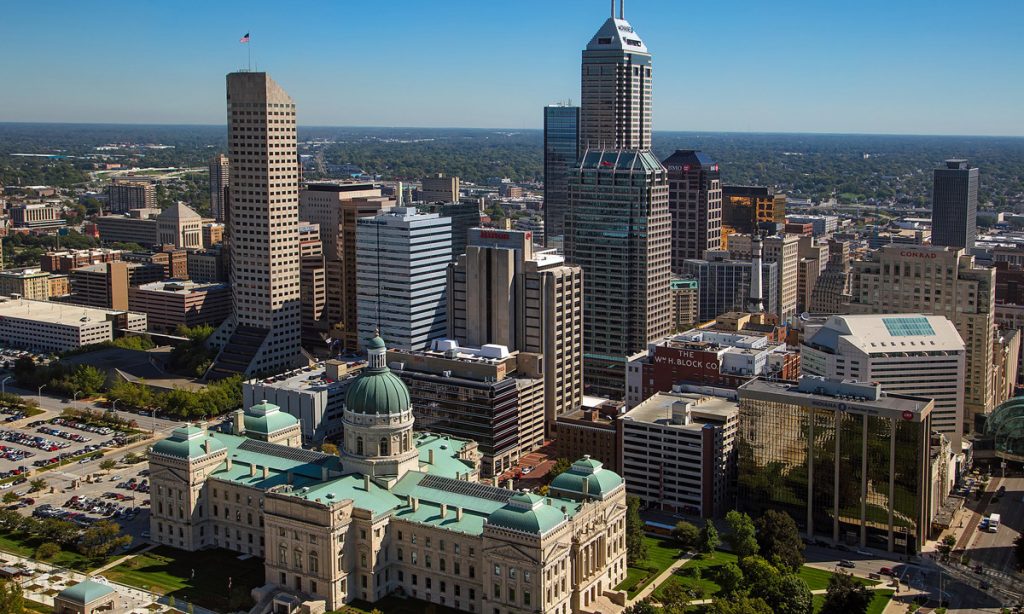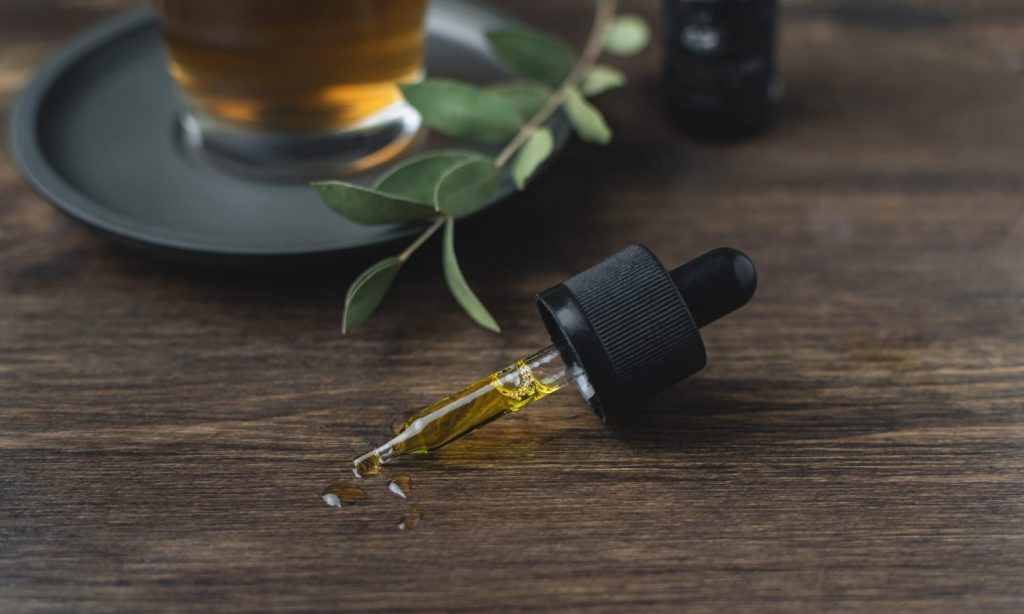Hemp is one of the most talked about ingredient in the beauty industry. When it comes to skincare the many benefits of hemp or hemp seed oil makes it’s a hero ingredient. It contains a very little cannabinoid, a compound often used for therapeutic purposes and help in soothing the skin and relieving inflammation. Along with essential fatty acids, hemp oil contains vitamins, minerals, and amino acids which improves skin’s health. Nowadays the buzzy ingredient is taking over the world of beauty and skincare, from hand cream and facemask to body oil, creams and cleansers, there is an array of hemp-infused products popping up in beauty supply stores everywhere.
Plabita Sharma, Beauty Training Manager, The Body Shop India lists down the top five benefits of hemp induced skincare products:
Good for sensitive to super dry skin: One of the many benefits of hemp induced skincare product is that it has been found to have significant soothing properties. Its substantial skin-soothing and skin-normalizing effects can help minimize issues related to skin sensitivity, dryness including redness and reactivity. Since all skin types are affected daily by environmental stressors, hemp seed oil soothing mechanism can help and keep everyone’s skin in check.
Rich in Antioxidant: Hemp seed oil is a rich source of antioxidant and helps in promoting repair and rejuvenation of skin. It can also protect the skin from environmental damage, such as over-exposure to sunlight which can accelerate premature sign of aging like fine lines, dark spots and more.
Promotes clearer skin: Acne is a most common concern for oily skin however incorporating a skincare product enhanced with hemp oil could mean the difference between pimple-ridden skin and a clearer complexion. Hemp oil is perfect for most skin types as it can moisturize without clogging your pores. It can even help to balance out oily skin, hydrating it and regulating the skin’s oil production. Dryness can also cause your skin to overproduce oil, which in turn, can stimulate acne. Hemp oil can prevent dry skin without clogging pores. This helps reduce acne that’s caused by excess oil.
Copyright
© 420 Intel




